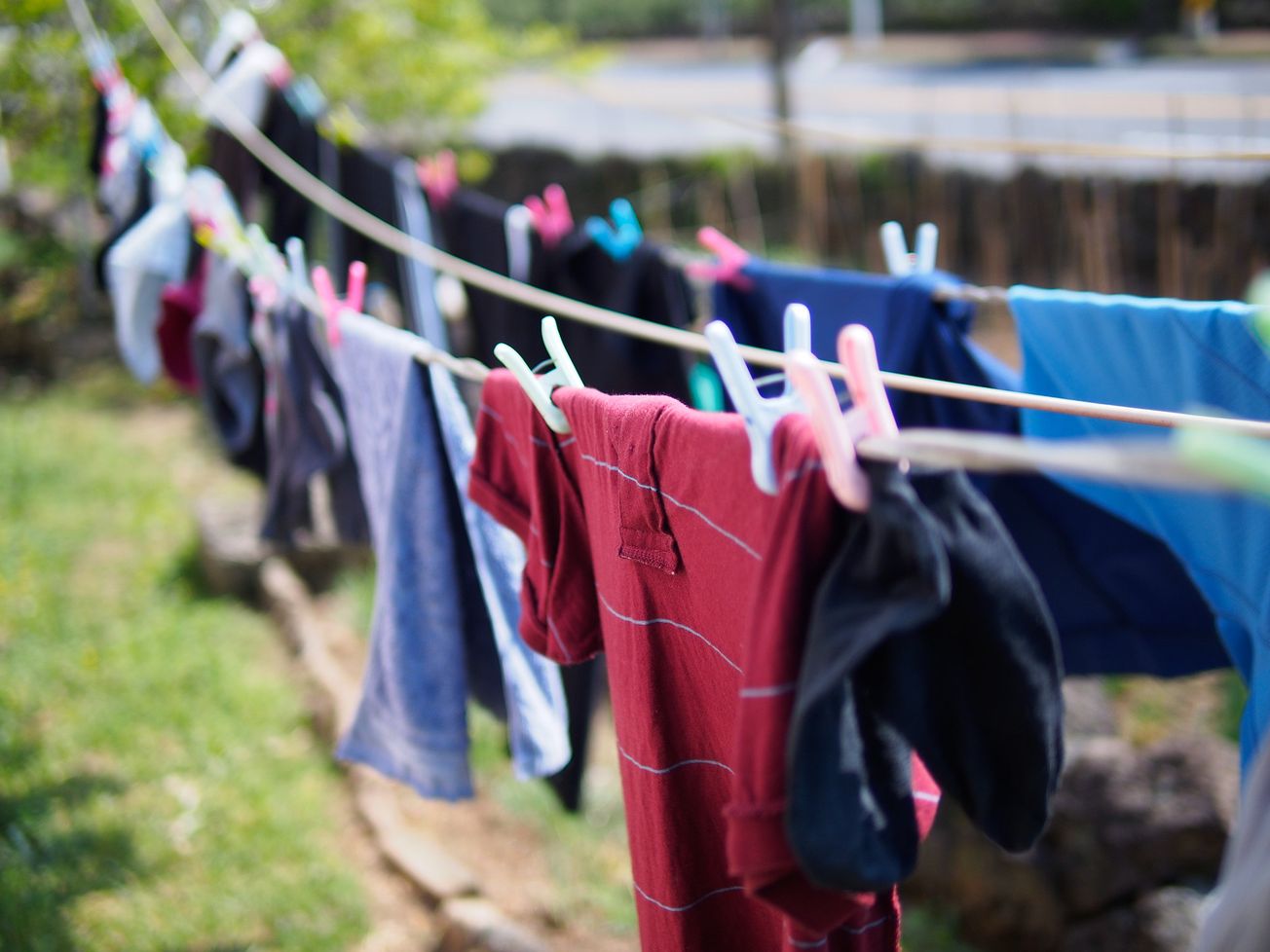By Vilhelmiina Haavisto, SciTech Editor
Washing your clothes in quick, cold cycles has benefits beyond saving on your electricity bill.
A new study from the University of Leeds and Procter & Gamble looked into the effects of washing clothes in cold-quick (25 °C, 30 minutes) versus warm-long (40 °C, 85 minutes) washing machine cycles. They knew that energy savings of around 40% are made when washing clothes at 30 °C instead of 40 °C, but they wanted to dig deeper into what else happens to clothes during these different cycles.
The researchers found differences in microfibre release between the two cycles. Microfibres are tiny strands of synthetic materials that are used to make fabrics for all sorts of items, from moisture-wicking athletic wear to faux-leather jackets and bags. While incredibly versatile, they have been shown to contribute significantly to plastic waste, as they are released from clothes during washing and end up on beaches and in the mouths of sea creatures.
| Environmental evidence to make you rethink your waviest garms!
Microfibre release during cold-quick cycles was significantly reduced compared to warm-long cycles. Dr Richard Blackburn, head of the Sustainable Materials Research Group at the University of Leeds, noted that these findings “can help tackle the issue of 'invisible' plastics in the environment.” “Synthetic microfibres,” he said, “account for more than a third of all plastic reaching the ocean.”
The researchers observed that colour loss and transfer from clothes was significantly increased in warm-long cycles, compared to cold-quick. Lucy Cotton, the lead author on the study, cited the importance of the “environmental threat” that fast fashion poses; consumers are “more likely to ditch [clothes] long before they are worn out” because they lose their colour in under five washes.
The trials were first conducted with experimental laundry loads, consisting of different coloured t-shirts and white cloth squares to measure colour transfer. However, the researchers repeated their work with real loads provided to them by UK consumers. In both cases, it became clear that turning down the temperature and reducing the cycle time can extend the life of clothes and minimise microfibre release, while also saving energy.
| A student's guide to reducing plastic waste
Worries that cold, shorter washes do not clean clothes as effectively can also be put to bed, according to Dr Lant, a Procter & Gamble Research Fellow. “Advances in detergent technology,” he assured, “especially in sustainable ingredients such as enzymes, are allowing consumers to get excellent cleaning results in colder and quicker washes.”
Dr Blackburn emphasised that "using shorter, cooler washes is a simple way everyone can make their clothes last longer and keep them out of landfill", and Dr Lant called the findings of the study “a real win-win-win” for our clothes, money and the environment. So, next time you’re putting on a load of laundry, consider a colder, quicker cycle and go for that triple-win.
Featured image: Flickr / Kim MyoungSong
Do you wash your clothes cold? Let us know!









